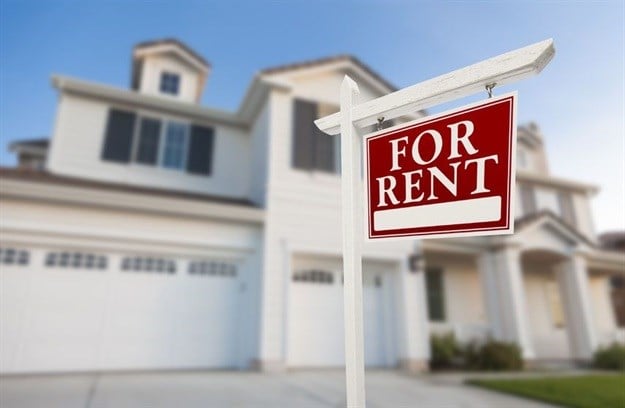
Top stories





Energy & MiningGlencore's Astron Energy gears up with new tanker amidst Sars dispute
Wendell Roelf 16 hours

More news

















Logistics & Transport
Uganda plans new rail link to Tanzania for mineral export boost










“With serious repercussions that will be seen as offences, landlords need to pay careful attention,” says HouseMe CEO, Ben Shaw. “The Rental Housing Amendment Act creates stricter rules for landlords that could lead to fines or even imprisonment if found guilty of contravening specific parts of the Act,” Shaw says. “A renewed focus on lease documentation, deposit repayment, utilities management, tenant premises access, and ensuring the maintenance/habitability of the premises has been put forward strongly.”
All lease agreements will now have to be in writing. “It is required that landlords invest the tenant's deposit in an interest-bearing account where the interest may not be less than the rate applicable to a savings account with that financial institution.” Tenants have the right to request written proof of this.
If a property is not deemed to be in a ‘habitable’ state, a landlord can face jail time. “This means it is important for landlords to maintain their properties if they have tenants.” Tenants have the right to basic services like water and electricity and they have the right to a building structure that has been maintained. “According to the Act, ‘habitability’ refers to safety and suitability for living,” Shaw says.
The Act states that a landlord may not seize possessions of a tenant, visitors or family of the tenant except in terms of a law of general application and after having first obtained a court ruling, Shaw adds.
“In advertising a dwelling for purposes of leasing it, or in negotiating a lease with a prospective tenant, or during the term of a lease, a landlord may not unfairly discriminate against such prospective tenant or tenants on grounds including race, gender, sex, marital status, sexual orientation, disability or religion.” If a landlord doesn't comply to the above, they will be found guilty of an offence in terms of the Amendment Act.